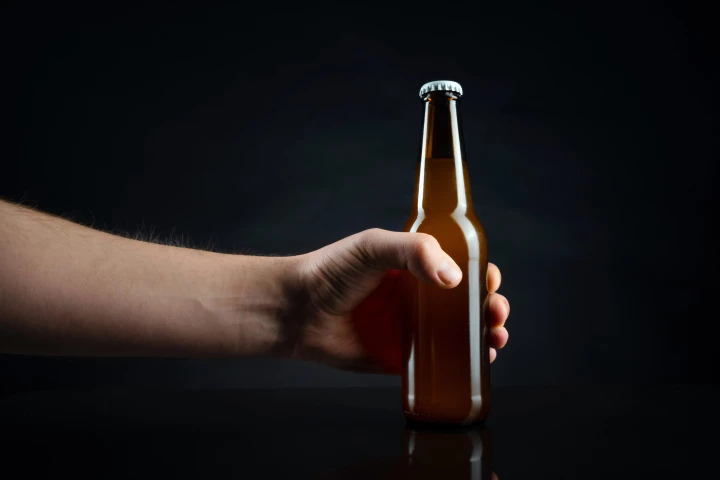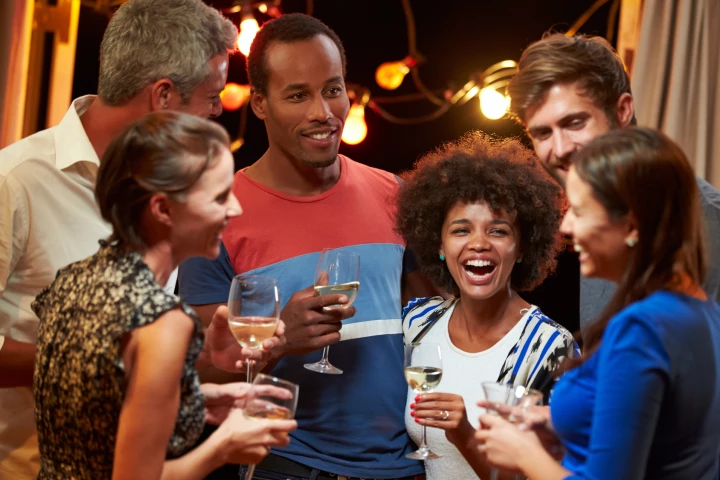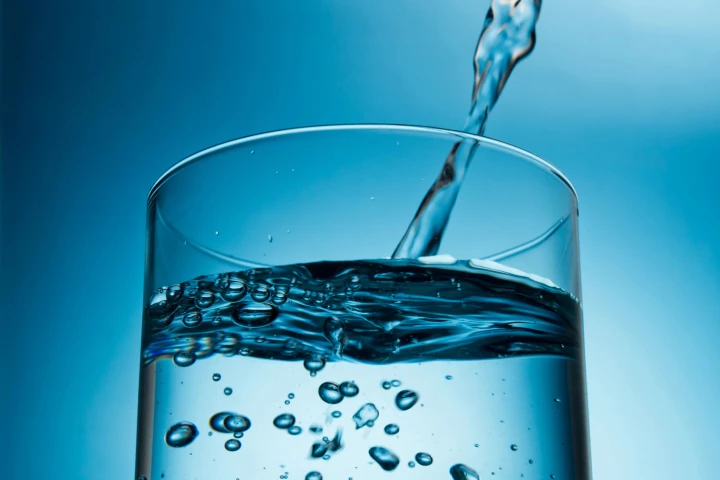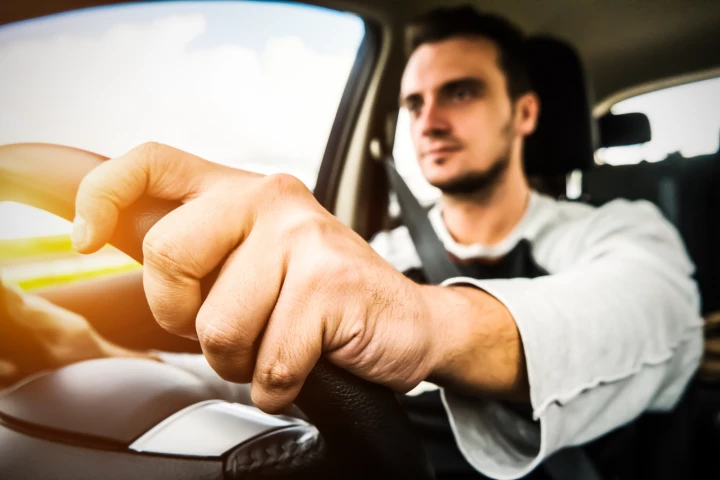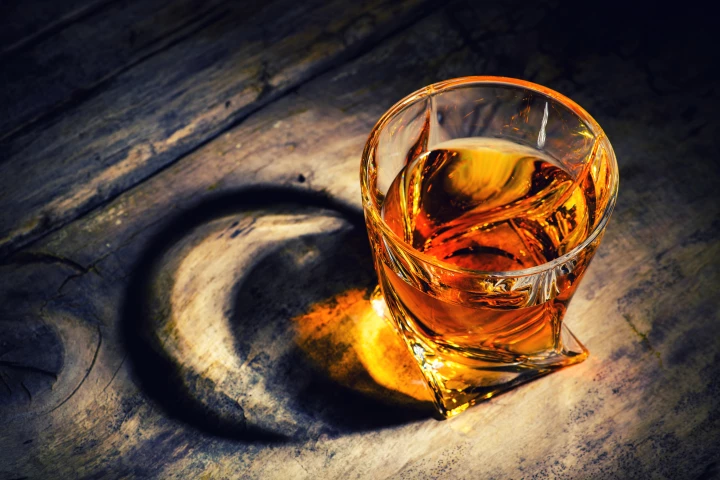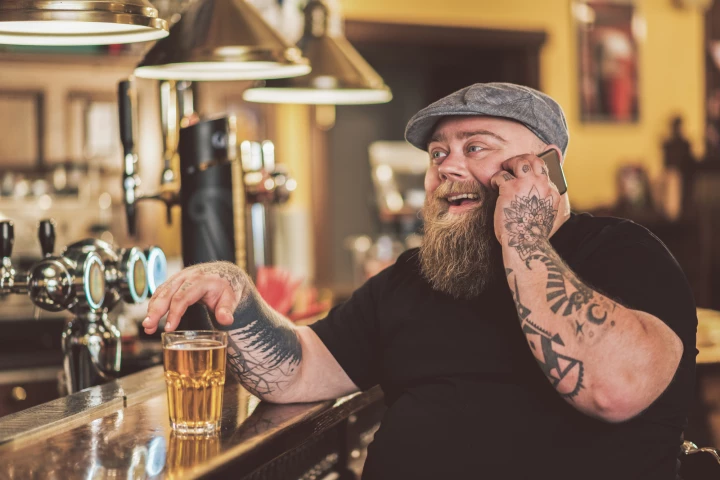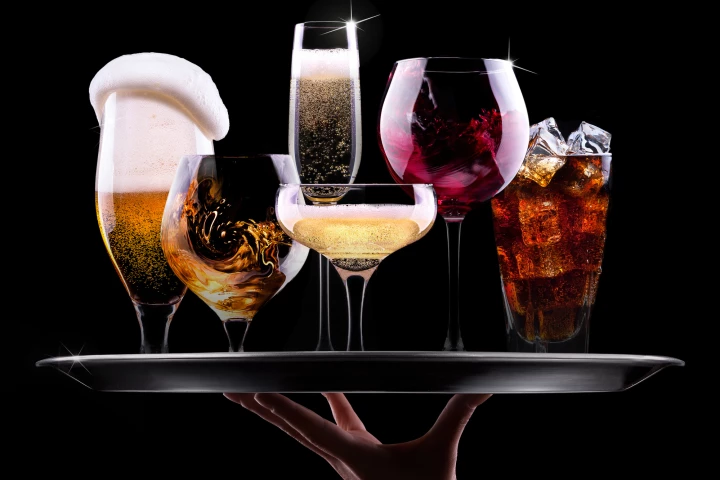Drinking
-
GLP-1 drugs have reportedly changed people's relationship with more than just food, but it's been largely anecdotal. Now, there's evidence that Ozempic blocks alcohol cravings – which could be a game-changer for people who want to cut back on booze.
-
Drinking water in developed countries is pretty clean, but hidden nasties can still lurk. One mysterious “phantom chemical” has haunted drinking water for decades, and now researchers have identified it – and found it’s completely new to science.
-
Scientists in Canada have demonstrated a promising new device that can purify a gallon of water a day, for just a few cents per gallon. Better yet, it’s made of old tires, and can even generate small amounts of electricity.
-
Social drinking causes a euphoria that isn’t seen when drinking alone, according to a new study. By identifying the region of the brain stimulated by social drinking, the researchers hope it will lead to a greater understanding of problem drinking.
-
It’s ironic that while many regions struggle with water shortages, there’s heaps of the stuff floating around in the air everywhere. A new MIT water harvester design can pull enough fresh water out of the air to meet the daily needs of several people.
-
It's better to spot drunk drivers as soon as they get in their car, not once they've already been dangerously driving for some time. A new facial tracking system was created with that fact in mind, and it utilizes a regular in-vehicle video camera.
-
If your tap water is less-than-drinkable, you can use filtration systems, special pitchers, or bottled water to clean it up. Or, you could take a chance on a new air-to-water converter now blasting its way through an Indiegogo campaign.
-
If you enjoy having a drink with friends every so often but don't want to get drunk, then a new gel may be just what you're looking for. The ingestible substance is said to help keep alcohol from entering the bloodstream, and from damaging the liver.
-
It’s a safe assumption that we all know binge-drinking is not good for our general health. But a new study shows that one big alcohol-fueled session a week is significantly more harmful than spreading that same amount of drinks out over seven days.
-
Anyone who's been to karaoke night at a bar knows just how dramatically altered our voices get after throwing back a few drinks. Scientists have now shown that analyzing these vocal changes is a surprisingly good way to see just how drunk we are.
-
High Camp takes a break from spirits to offer adventurous wine lovers a slick way of bringing a bottle off the beaten path. The Parkside Flask 750 stores a full bottle's worth of wine between two magnetic tumblers for camping, picnics and tailgates.
-
A new study has found, for the first time, that consuming beverages that taste like beer or cocktails but contain no alcohol can significantly reduce alcohol intake, which may be an effective strategy for helping excessive drinkers cut back.
Load More
